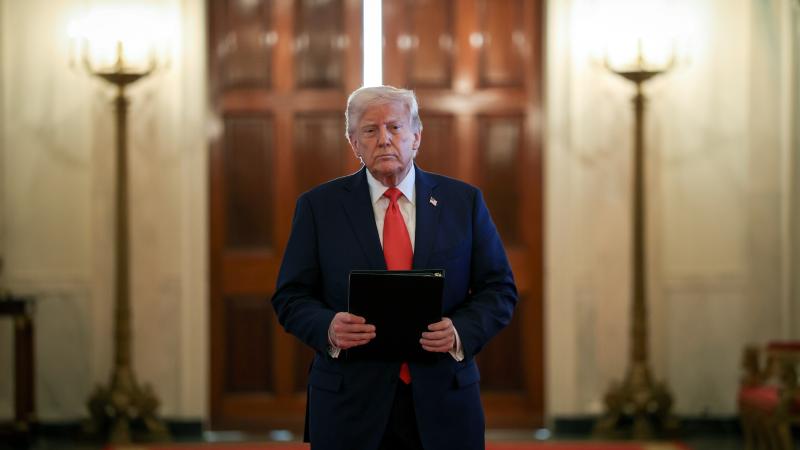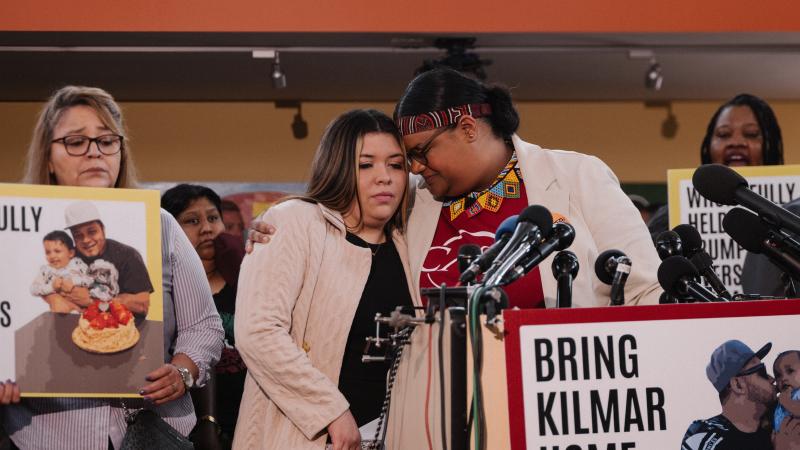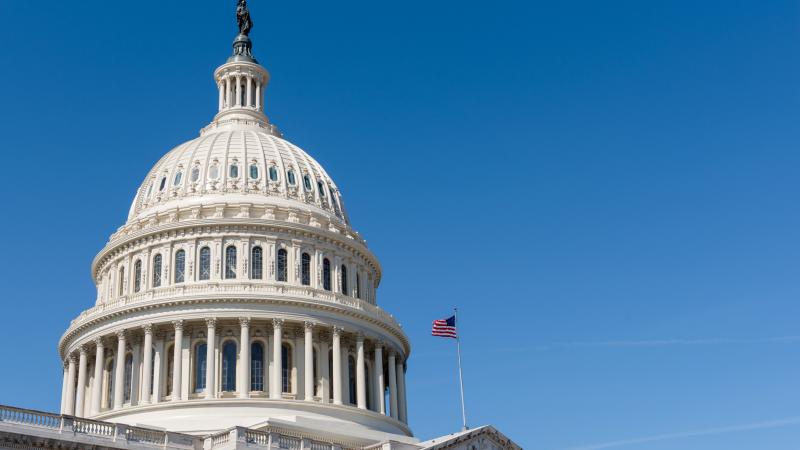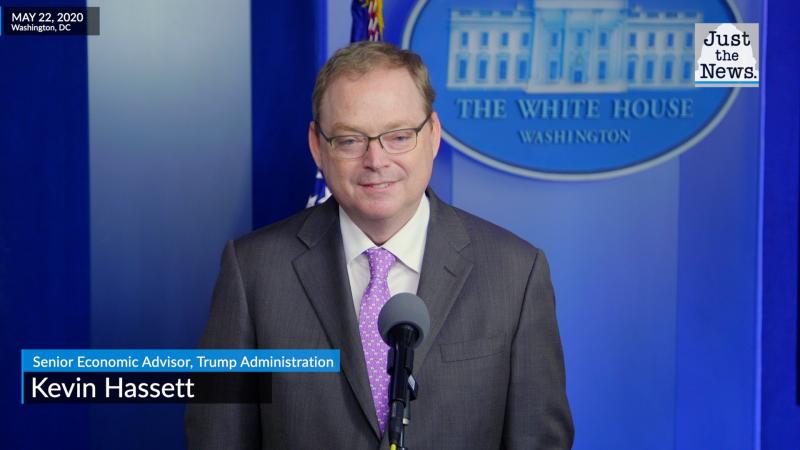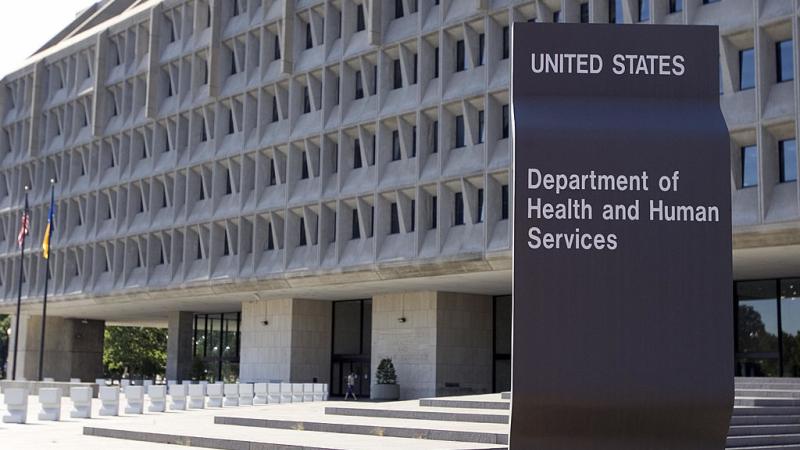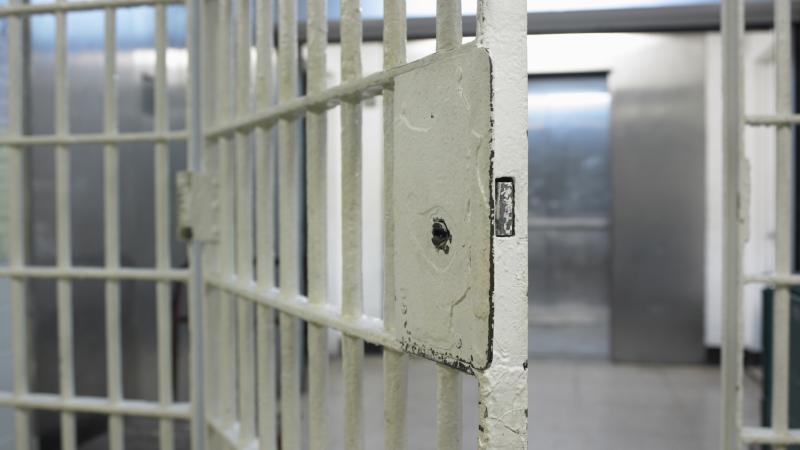11 GOP governors to convene in Texas border town for summit on open border impacts in states
"A crisis that began at our southern border now extends beyond to every state and requires immediate action before the situation worsens," a group of 26 governors wrote to the president recently.
On Wednesday, 11 Republican governors are joining forces in Mission, Texas to oppose what they see as Biden administration open border policies that have wreaked havoc both on their respective states and the U.S. collectively.
Their announcement comes after they, as part of a group of 26 governors, called on President Joe Biden to end his open border policies and requested a meeting at the White House — to which they have not received a response.
"The months-long surge in illegal crossings has instigated an international humanitarian crisis, spurred a spike in international criminal activity, and opened the floodgates to human traffickers and drug smugglers endangering public health and safety in our states," the governors, led by Republicans Doug Ducey of Arizona and Greg Abbott of Texas, argue.
"A crisis that began at our southern border now extends beyond to every state and requires immediate action before the situation worsens," they assert. "The negative impacts of an unenforced border policy on the American people can no longer be ignored."
The meeting is the result of an interstate compact announced on June 10 by Abbott and Ducey when they first called on other governors for help to secure the southern border. The pact allows for law enforcement from other states to perform apprehensions in Arizona and Texas with the full force of the law.
The surge of refugees, illegal aliens, and migrants (RIMs) at the southern border, Ducey and Abbott argue, was already at a crisis point in June, and has only gotten worse since then.
"Border apprehensions are up almost 500% compared to last year, totaling more than 1.3 million — more people than the populations of nine U.S. states," the group of 26 governors wrote to Biden on Sept. 20.
In August alone, almost 209,000 people were apprehended illegally entering the U.S.
Despite illegal apprehensions reaching a 21-year-high in August, last month roughly 15,000 Haitians illegally congregated under the Del Rio International Bridge in Texas. The only thing that eventually stopped the flow was Texas DPS officers coming from all over the state to build a physical barrier with their trucks and cars along the riverbank to act as a deterrent.
"Texas and Arizona have stepped up to secure the border in the federal government's absence, and now the Emergency Management Assistance Compact gives your State a chance to stand strong with us," Ducey and Abbott said in their joint statement in June. Both governors issued disaster and emergency declarations in their states earlier this year, citing increased crime and financial strains on county governments and law enforcement.
The governors attending on Wednesday in response to Abbott's and Ducey's call for help are: Brian Kemp of Georgia, Brad Little of Idaho, Kim Reynolds of Iowa, Greg Gianforte of Montana, Pete Ricketts of Nebraska, Mike DeWine of Ohio, Kevin Stitt of Oklahoma, Kristi Noem of South Dakota, and Mark Gordon of Wyoming.
The governors have already sent members of their national guard, state troopers, or a combination of law enforcement from sheriffs' offices and state agencies like drug interdiction or fish and wildlife to Arizona or Texas. They've all said that their states are experiencing a surge in drug overdoses due to the abundance of cheap supplies of meth and fentanyl coming in through the southern border.
Florida Gov. Ron DeSantis was the first governor to send law enforcement to Texas. He won't be in attendance Wednesday, after announcing his wife was recently diagnosed with breast cancer.
The meeting comes after the Biden administration admitted last week it is preparing for an even greater surge — expecting up to 400,000 RIMs arriving in the U.S. this month alone.
Last month, U.S. District Judge Emmet Sullivan halted implementation of Title 42, a federal law that allows for the deportation and prohibition of entry for most asylum seekers during a public health crisis/pandemic. On Sept. 30, a federal appeals court overruled Sullivan and reinstated Title 42.
While Texas already sued the Biden administration for not fully enforcing it, DHS Secretary Alejandro Mayorkas told NBC News that Title 42 was necessary. He said, "the Centers for Disease Control has found it to be necessary in light of where we are in the arc of the pandemic."
But just a few months earlier, on May 12, Mayorkas had announced a list of exemptions to Title 42, to "streamline a system for identifying and lawfully processing particularly vulnerable individuals who warrant humanitarian exceptions under the order."
"This humanitarian exception process," Mayorkas added, "involves close coordination with international and non-governmental organizations in Mexico and COVID-19 testing before those identified through this process are allowed to enter the country."
Texas Attorney General Ken Paxton argues that when Title 42 "was faithfully enforced," prior to the changes enacted by Mayorkas, it "was extraordinarily successful in expelling illegal aliens, protecting Americans' public health, and preserving our limited public resources."
But the Biden Administration "unlawfully abandoned its legal duties, resulting in a massive increase in illegal immigration at the border, and in turn forced Texas to bear additional massive costs and harms," Paxton argued. "The Court must intervene to stop this insanity."
Mayorkas acknowledged that the majority of Haitians in Del Rio were not tested for COVID prior to being released. While the secretary claimed the majority would be deported, DHS later confirmed the majority were not.
Mayorkas also recently announced new DHS guidelines that state the act of entering the U.S. illegally — violating immigration laws established by Congress — is no longer in and of itself an arrestable offense.
"The fact an individual is a removable noncitizen therefore should not alone be the basis of an enforcement action against them," he wrote in a memorandum to Immigration and Customs Enforcement (ICE) officials. "We will use our discretion and focus our enforcement resources in a more targeted way. Justice and our country's well-being require it."
The announcement came after Florida Attorney General Ashley Moody sued the Biden administration over its "catch-and-release" policy, and Paxton sued the administration over immigration law violations multiple times.


